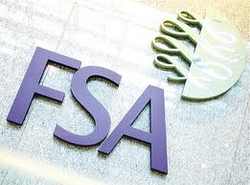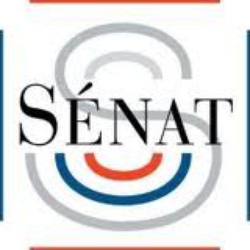Updated: Sept. 25, 2012 (Initial publication: Dec. 7, 2011)
Sectorial Analysis

Translated Summaries
In The Journal of Regulation the summaries’ translation are done by the Editors and not by the authors
ENGLISH
The Conseil d’Etat (French Council of State) handed down a ruling (n°339154) on October 19, 2011 in the French Data Network, Apple, and iTunes case. In this ruling, it refused to annul the decree giving the "Haute Autorité pour la diffusion des œuvres et la protection des droits sur Internet" (HADOPI — France’s Internet Piracy Regulator) the power to issue injunctions to force the accessibility of essential information on the Internet in order to guarantee interoperability, using either penalties or fines.
FRENCH
Le Conseil d’Etat a rendu un arrêt (n ° 339154) le 19 Octobre 2011 French Data Network, Apple et iTunes. Dans cet arrêt, il a refusé d’annuler le décret donnant à la Haute Autorité pour la diffusion des Œuvres et la protection des Droits sur Internet (HADOPI) le pouvoir d’émettre des injonctions pour forcer l’accessibilité des ’informations essentielles sur Internet afin de garantir l’interopérabilité, en utilisant des injonctions ou des amendes.
ITALIAN
Il “Conseil d’Etat” (il Consiglio di Stato francese) ha pronunciato una decisione (n° 339154) il 19 ottobre 2011 nel caso della rete di dati francese, Apple ed iTunes. In questa decisione, il Consiglio di stato ha rifiutato di annullare il decreto che conferisce alla “Haute Autorité pour la diffusion des œuvres et la protection des droits sur Internet” (HADOPI – l’autorità francese di regolazione contro la pirateria informatica) il potere di emettere delle sanzioni per assicurare l’accessibilità di informazioni essenziali su internet per garantire l’interoperabilità, usando così delle multe o delle ammende.
..................
Other translations forthcoming.
Updated: July 17, 2012 (Initial publication: July 5, 2012)
Breaking news

Updated: July 9, 2012 (Initial publication: July 3, 2012)
Breaking news

Updated: Dec. 21, 2011 (Initial publication: Dec. 7, 2011)
Contributions

